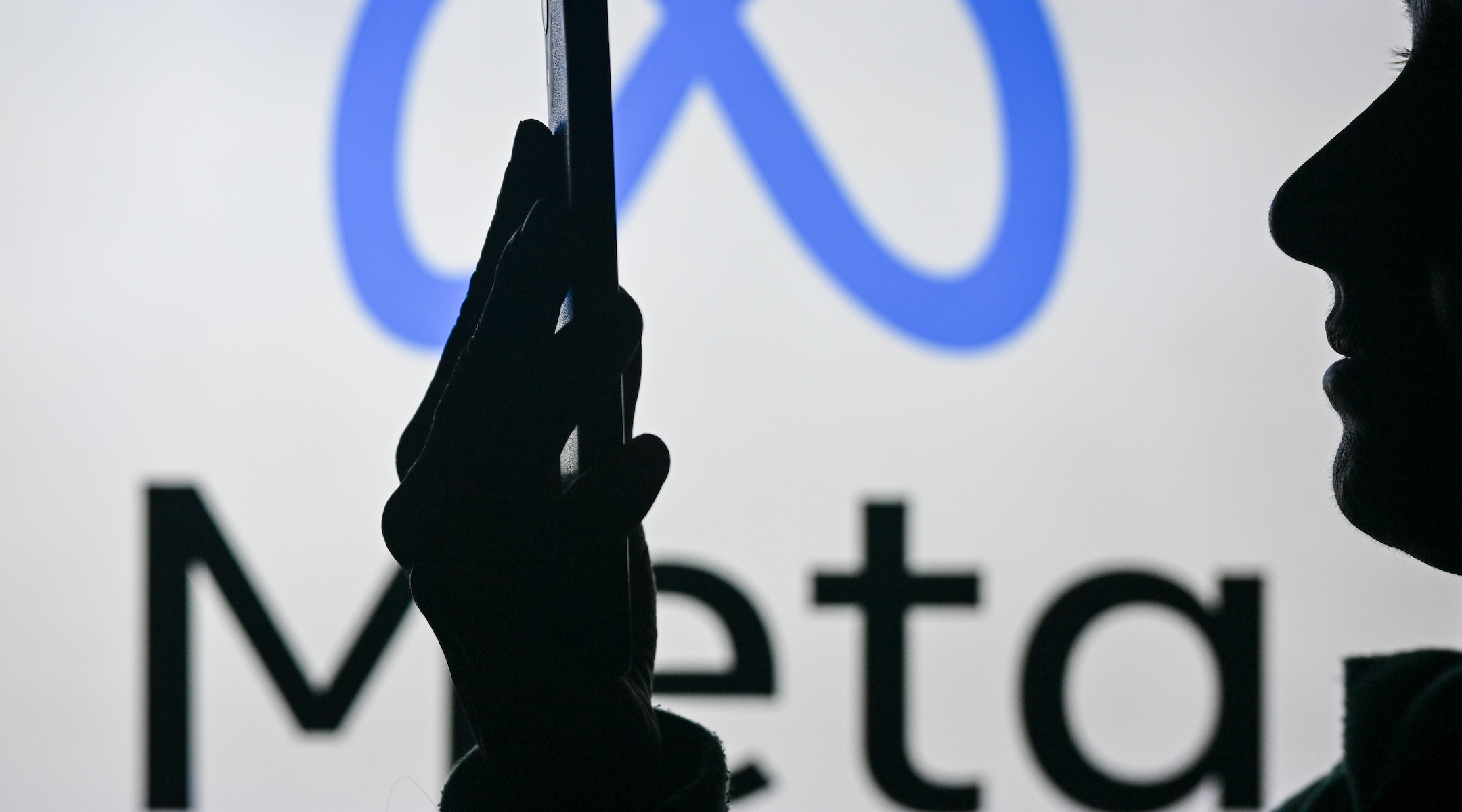The era of fact-checking is over, Meta says, even if it leads to more disinformation
The social media company, in a possible attempt to placate Donald Trump, is changing its moderation practices

Meta announced a new moderation policy Tuesday, removing fact-checking from posts. Courtesy of iStock
Meta announced Tuesday that it would no longer fact-check posts, a major change to its moderation policy. Previously, Meta’s sites, including Instagram and Facebook, appended warnings to posts that might be spreading disinformation about topics such as coronavirus vaccines, the election or any other common conspiracy theories.
The fact-checking function was originally instituted after Trump’s first win, in 2016, when commentators complained about the viral spread of false information across Meta’s platforms; Meta began a partnership with news organizations such as The Associated Press to help fact-check posts.
That function will be replaced with notes added by users, a clear imitation of the current “Community Note” function on the social platform X (formerly Twitter), which was deployed widely after Elon Musk took over the platform. Community notes allow users themselves to fact-check information on the platform, which other users can then rate as helpful or not helpful. On X, to prevent abuse of the function and resist bias, users who have voted differently on other notes must agree on a note’s usefulness for it to be published; it remains to be seen how Meta will handle potential for misuse of the function.
Meta, in a statement, characterized the change as a fix to “undo the mission creep that has made our rules too restrictive and too prone to over-enforcement.” But Mark Zuckerberg, in a video statement, also acknowledged that the changes were likely to increase problems such as hate speech on the platform.
“This is a trade-off,” he said. “It means that we’re going to catch less bad stuff, but we’ll also reduce the number of innocent people’s posts and accounts that we accidentally take down.”
The New York Times, in reporting the new policy, observed that the new focus on free speech over safety was likely an attempt to please or at least placate the incoming president. Trump has long railed against bias on social media platforms; Meta was one of several platforms to ban Trump after the Jan. 6 insurrection.
In his video statement, Zuckerberg explicitly named Trump’s win as one of the reasons behind the new policy, saying that “recent elections” felt like a “cultural tipping point toward once again prioritizing speech.”
And, appearing on Fox & Friends, reportedly one of the president-elect’s preferred shows, Meta’s global policy chief Joel Kaplan said there was “too much political bias” in the fact-checking program, affirming Trump’s complaints.
In recent years, even with the fact-checking feature, Meta has struggled to effectively police antisemitism and other forms of conspiracy and hate speech on its platforms, sometimes removing legitimate posts from news outlets while allowing clear violations to remain up.
Meta is not the only social media platform to change its content moderation policies in advance of Trump’s return to office. YouTube also rescinded a ban on claiming the 2020 election was stolen. And numerous other tech companies, including Apple and Amazon, rushed to congratulate Trump on his win.
Clarification: An earlier version of this story stated that the “Community Note” function was added after Elon Musk took over X. It was originally introduced as Birdwatch in 2021, before he took over, and renamed and expanded after.















